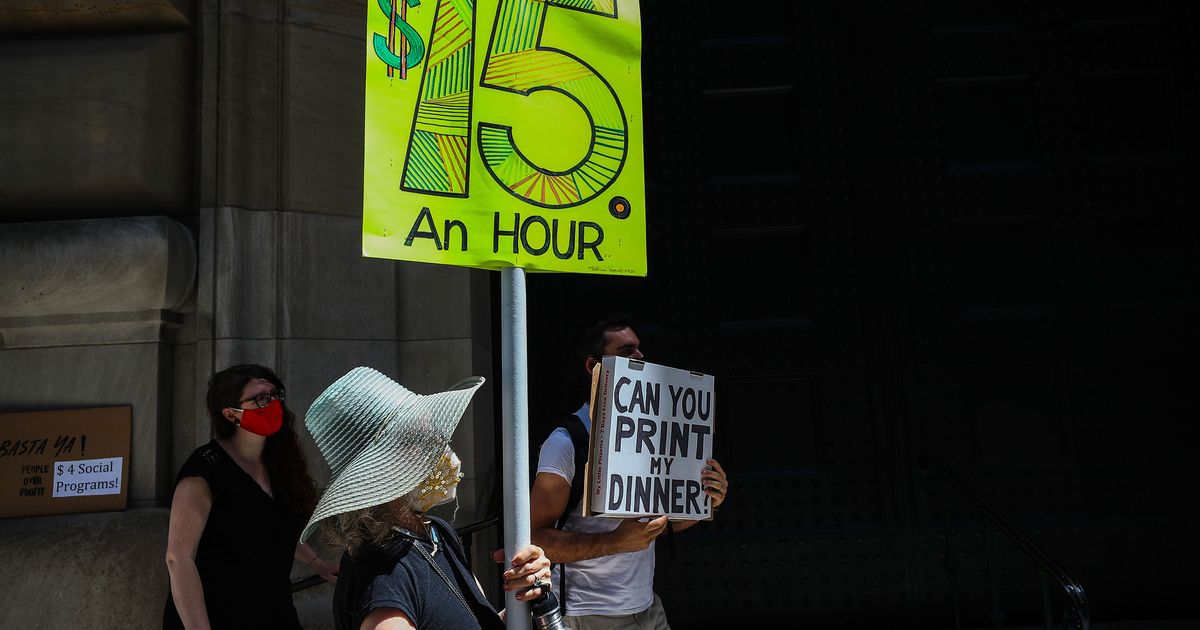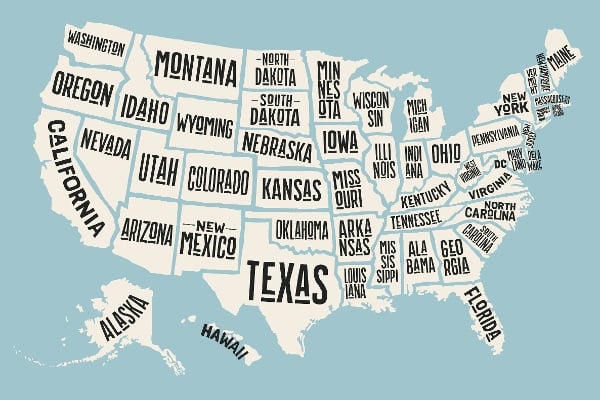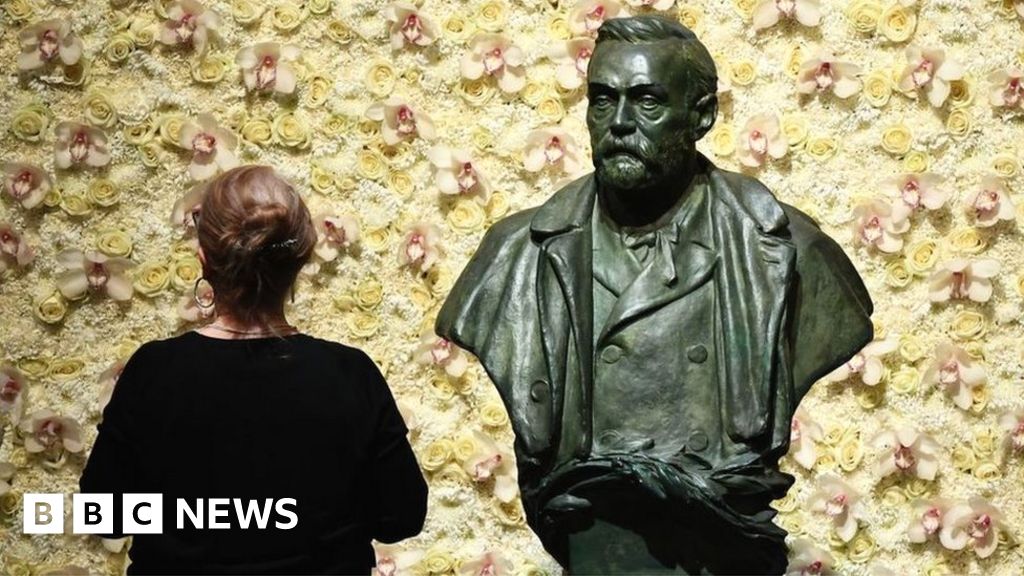Nothing new here
There are also "studies" which disprove that today's climate change is any threat or any different than previous changes in climate 1000 or 10,000 years ago, or that it's caused by carbon emissions or other human behavior.
There are also "studies" which prove that face masks and vaccines don't make any difference to protect us from Covid or other viruses. Today you can find "studies" to prove anything the screaming mob wants to hear.
This "study" of minimum wage adds nothing new to all the previous "studies" -- and the legitimate part of them is to show that the damage from minimum wage is usually too small to be measurable.
There is overall net damage.
Example of economic loss which cannot be measured
----- a truckload of oranges is lost:
If there's an accident and the truck goes over a cliff, the cargo is lost, which causes an increase in the price of oranges somewhere (due to reduced supply), probably in the region near the accident.
We know there's upward pressure on the price of oranges somewhere in the region, but it's impossible to prove which stores or neighborhoods had price increases, or how much the prices went up.
But in a major case -- (e.g., where 1000 tons of product is lost) -- probably the damage is measurable. But in all cases there is net damage, in the form of price increase. Even if the damage is small and cannot be measured, there is still net damage and loss to the economy, to consumers. It makes no sense to argue that it's OK for the harm to be done as long as it's too small to be measured, which is the argument for minimum wage.
All MW "studies" acknowledge that MW cannot be raised beyond some point without causing noticeable damage. The recommendation to raise the MW always includes a warning to place restrictions or limits so that the damage it will cause is minimized and not noticeable. The increases are kept to a low percentage and are phased in slowly so that the harm can happen without attracting attention.
Minimum wage is almost always phased in slowly.
This state-by-state minimum wage chart tracks minimum wage requirements from federal and state laws & legislation that can change annually for any state.

www.employerpass.com
This chart shows how the highly-publicized $15/hour wage is still very rare in the U.S., being phased in slowly, because everyone knows the net damage that would be done if it was imposed abruptly.
The example of American Samoa, 2007-2010, illustrates the harm done by imposing the higher MW too abruptly. The original plan was for Samoa's MW to be made equal to the 50 states by 2010, phasing it in slowly. And yet, not only did that optimistic pipedream fall flat, but when they tried to reschedule it, to delay the phase-in for a few years, it still failed and they had to delay it again, and then again. So that even today, more than 10 years later, it's still too soon for the Samoa MW to be made equal to the 50 states. The final date to phase it in has been delayed to 2035. Probably the reasoning is to go so slowly that the inevitable damage will happen in several tiny minishocks along the way, spread over 15-20 years, so it won't be noticed.
The MW philosophy is:
Spread the damage out slowly, over many years, so the people generally will imagine there is only benefit and no damage. They notice some increased incomes to some celebrating wage-earners but don't notice the ones harmed by the inevitable cutbacks by companies trying to save on costs. (How many of the thousands of homeless people on the streets of America are victims of high minimum wage which priced them out of the labor market? This increase of homeless unemployed is a trend which has happened gradually, spread out over at least 50 years.)
This
"Yet another major study" repeats the same as all the others.
No "studies" have ever demonstrated anything other than this inevitable pattern. Like this "new study," they all prove that the inevitable net damage can be hidden from view by making sure the increases are phased in slowly, so the damage is spread out slowly and unnoticeably, and not traceable to MW increase.)

 nymag.com
nymag.com



